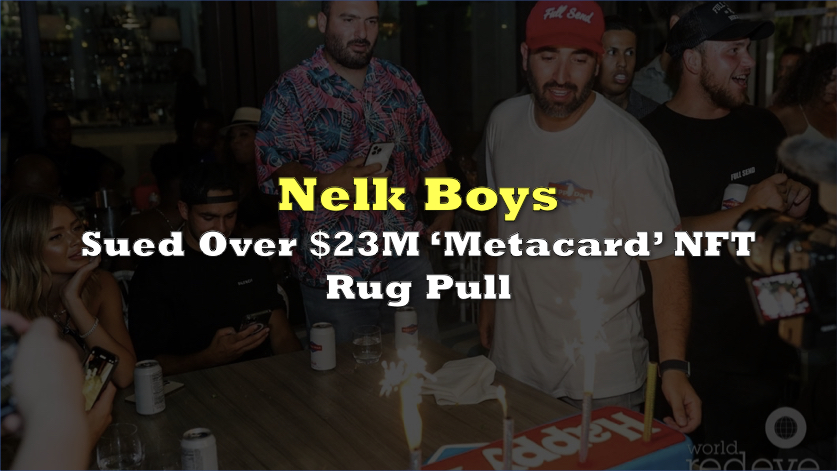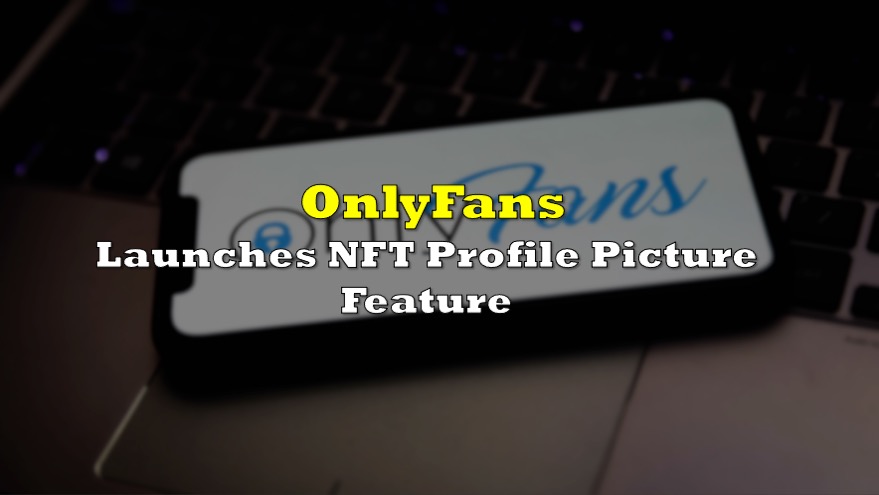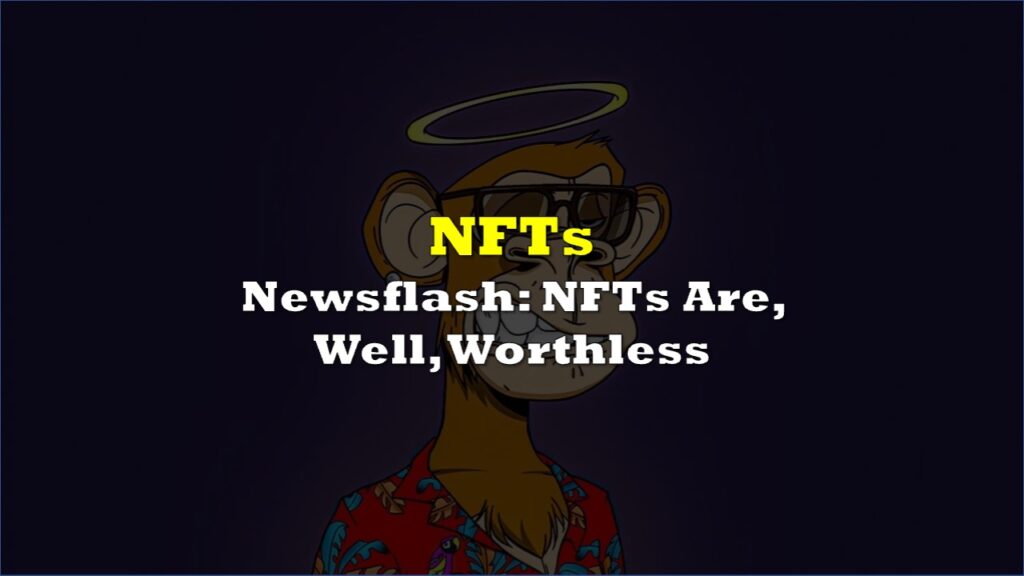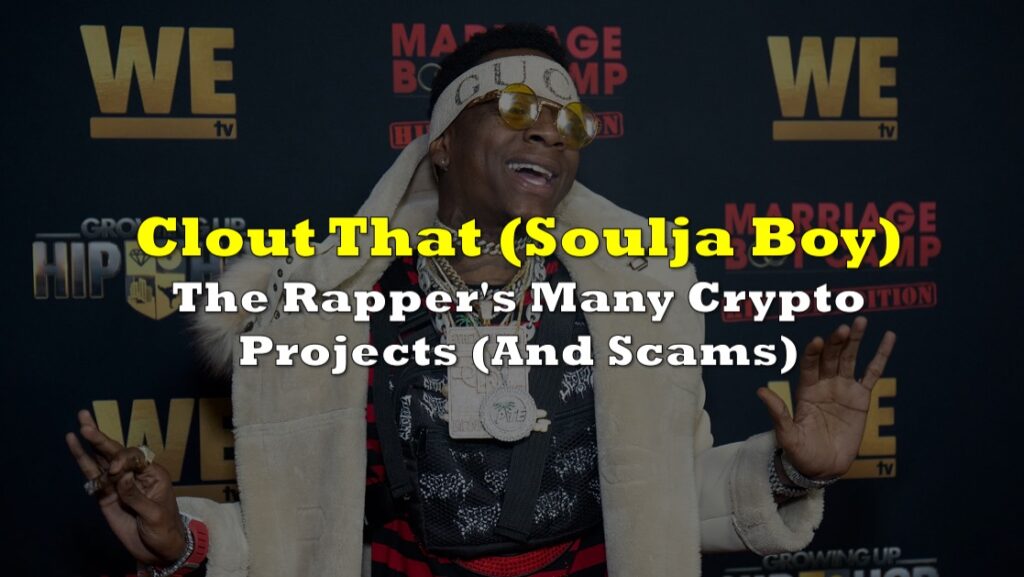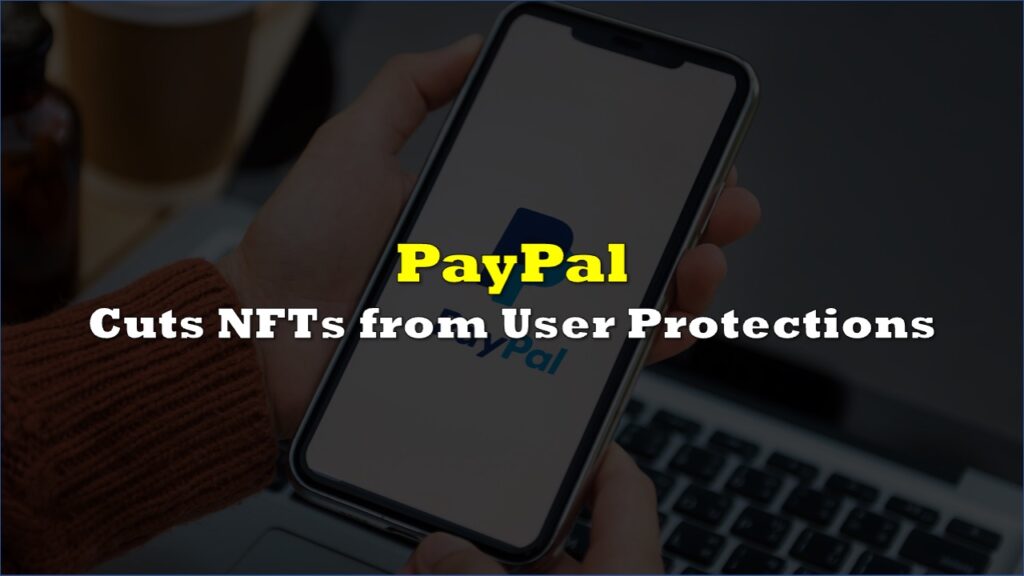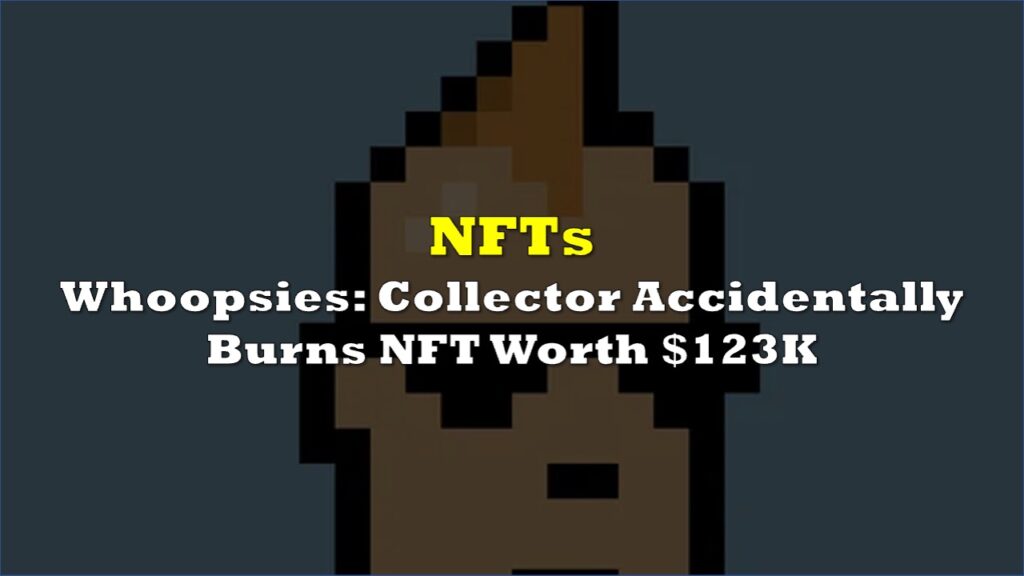A class action lodged in Orange County Superior Court targets the Nelk Boys—YouTube prank duo Kyle Forgeard and John Shahidi—accusing them of “masquerading as entrepreneurs” while siphoning $23 million from fans through the sale of their Full Send Metacard NFTs.
Lead plaintiff Andrawes Husary invokes California’s Unfair Competition Law rather than federal securities rules, a move that keeps the case in state court and skirts the harder “investment contract” debate that has tripped up similar Web3 suits.
You can read the Nelk NFT lawsuit here: https://t.co/zlI5FAYHun https://t.co/owZxi8OzxG pic.twitter.com/aWMXzX4u7u
— Rob Freund (@RobertFreundLaw) June 5, 2025
The lawsuit reproduces Discord logs in which Forgeard promised “something that will go up in value and make me money” and teased “ROI soon” to a 240-thousand-strong livestream audience. Roughly 10,000 near-identical Full Send Metacard NFTs minted out in January 2022 at $2,300 each, netting around $23 million.
Today they trade around 0.034 ETH or $110, a 95% collapse.


Holders were told their tokens were “a decentralized stock,” conferring first dibs on planned gyms, lounges, casinos, festivals and merch drops—plus equity in any future venture. The only concrete perks delivered so far, the suit says, were a single Snoop Dogg party attended by about 300 holders and a 50% coupon on Full Send supplements.
Facing mounting backlash, the defendants rolled out an April 2024 “landmark” Bored Jerky program: Metacard holders could claim phantom stock equal to 40% of the jerky brand—but only after referring three new online customers—or sign a rescission agreement refunding the mint price in exchange for a full legal release. Many missed the narrow 30-day window; others allege the promised $2,300 refund never arrived.


The plaintiffs ask the Orange County Superior Court to declare the project unlawful, order a public injunction barring the Nelk Boys and their affiliated entities from further unfair or deceptive NFT sales, and award broad monetary relief: rescission of every Metacard purchase at the original $2,300 mint price (plus promised interest), restitution and disgorgement of all profits the defendants derived from the $23 million sale, compensatory damages for losses tied to the tokens’ collapse in value, and attorneys’ fees and costs.
By framing the claim as an unfair competition case, Husary’s lawyers dodge removal to federal court and skirt the more technical Howey test debate dogging other NFT lawsuits. Still, the complaint bolsters its narrative with federal-style allegations—securities registration failures—to underscore intent.
In a parallel move, purchasers of RTFKT’s “CryptoKicks” NFTs filed a California class action accusing Nike of fraud, unjust enrichment and violations of the state’s Unfair Competition Law—conspicuously omitting any federal securities counts. The complaint’s structure echoed Husary’s strategy: it framed the dispute around broken marketing promises rather than the Howey securities test, leveraging consumer-protection statutes to keep the focus on deceptive-practices claims. However, Nike promptly removed the case to federal court under the Class Action Fairness Act.
Forgeard and Shahidi have already asked a federal judge to dismiss an earlier January suit, saying disgruntled buyers were offered “full refunds plus interest.”
Information for this story was found via the sources mentioned. The author has no securities or affiliations related to the organizations discussed. Not a recommendation to buy or sell. Always do additional research and consult a professional before purchasing a security. The author holds no licenses.

